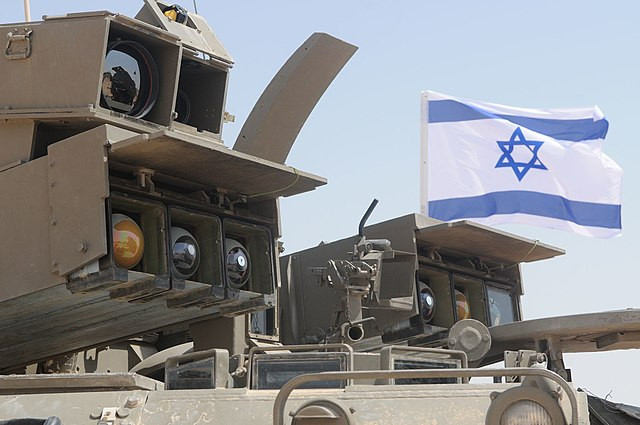Mohammed Afif, the spokesperson and media relations chief for Hezbollah, was reportedly killed on Sunday in an Israeli airstrike targeting central Beirut, according to Lebanese security sources. The strike, which hit a building in Beirut's Ras al-Nebaa neighborhood, marks one of the few times Israel has struck within the city limits since 2006. Multiple Lebanese sources, including the pro-Hezbollah Baath Party's head, confirmed Afif's presence at the building when it was struck, though official confirmation from Hezbollah remains pending.
The attack comes amid heightened tensions between Israel and Hezbollah, as the two sides have been engaged in sporadic conflict for over a year. Since October 8, 2023, following a Hamas attack on southern Israel, Hezbollah has launched repeated rocket attacks at Israeli military targets, prompting Israel's escalated military response.
The airstrike on Beirut, occurring without any prior evacuation warnings, reportedly targeted a Baath Party office where Afif was present. Ambulances rushed to the scene while civil defense workers searched through the rubble. Lebanese broadcaster Al-Jadeed reported that Afif's death was confirmed by the party's head, Ali Hijazi.
Afif, who had long served as a close media adviser to Hezbollah's secretary-general, Hassan Nasrallah, was known for his public appearances during crises, often briefing journalists in the aftermath of Israeli airstrikes. His death could impact the ongoing ceasefire negotiations between Hezbollah and Israel, as Lebanese sources indicate that Hezbollah is reviewing a U.S.-Israeli ceasefire proposal submitted to the Lebanese government last week.
The conflict between Israel and Hezbollah has escalated beyond mere exchanges of fire, with Israeli airstrikes increasingly targeting southern Lebanon and now extending into the capital. On Friday, Israeli ground forces entered the southern village of Chama before retreating after engaging with Hezbollah fighters, according to Lebanese state media.
Meanwhile, the Gaza Strip has also witnessed renewed Israeli strikes. On Sunday morning, at least 50 people were killed in Beit Lahiya, as displaced Palestinians sought shelter from ongoing operations. In central Gaza, al-Bureij was also targeted, resulting in 23 deaths, according to local health officials. Residents described harrowing scenes of chaos and destruction. "It was a very terrifying night, with the sounds of small children screaming," Mahmoud Azaiza, a local resident, recounted.
Israel has justified its expanded military operations in both Gaza and Lebanon as necessary to dismantle terrorist infrastructure. The Israel Defense Forces (IDF) stated, "This operation to systematically dismantle terrorist infrastructure... will continue as long as required to achieve its objectives."
In Beirut, the IDF renewed its evacuation warnings for residents of southern suburbs known to be Hezbollah strongholds, as Israeli strikes pounded the area for a sixth consecutive day. Amid this escalation, diplomatic efforts to broker a ceasefire are ongoing, with Lebanese officials engaged in talks with U.S. representatives to halt the violence. However, the potential impact of Afif's death on these delicate negotiations remains uncertain.




